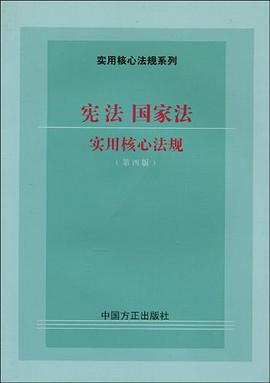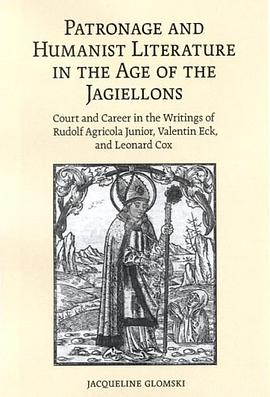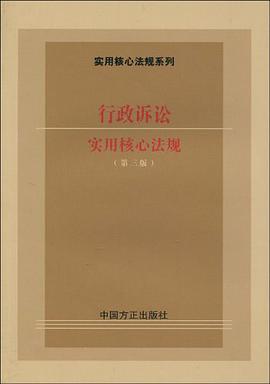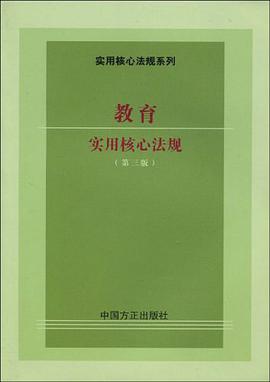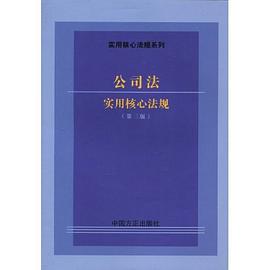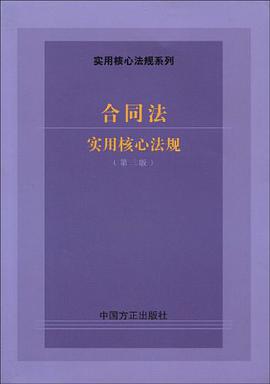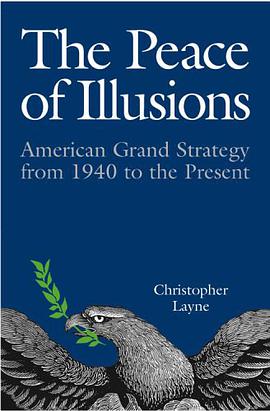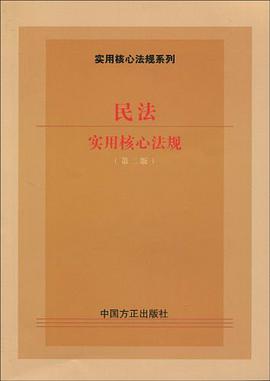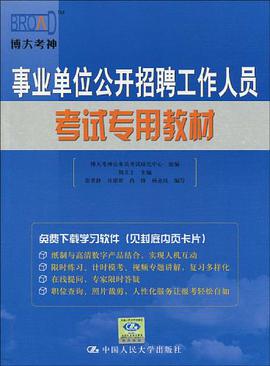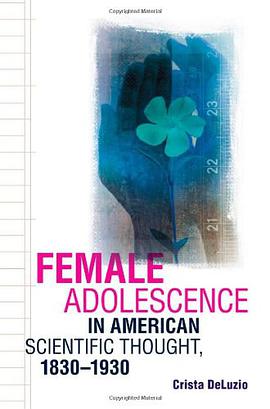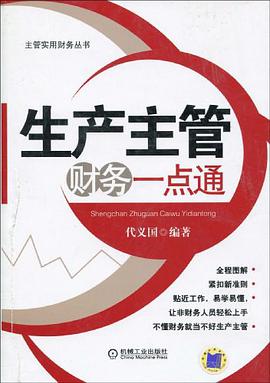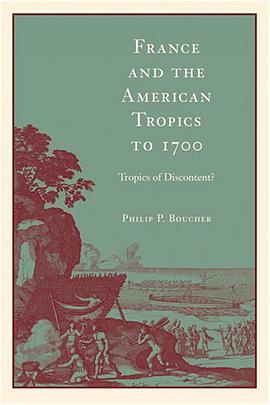

具體描述
"Love drives and gives life to the commerce of mankind." Thus, the sixteen year old Ferdinando Galiani (1728-1787) presented his project to understand the sociable nature of man. This observation, a reflection of his own position on the relation between trade and virtue, hinted at what the mature works of Galiani, one of the most noteworthy economists and wits in eighteenth-century Italy, would eventually yield.In Love, Self-Deceit, and Money, Koen Stapelbroek reconstructs the Early Neapolitan Enlightenment debate on the morality of market societies, a debate that hinged on the preservation of Naples' independent statehood in a global arena of commercial and military competition. Galiani rejected the moralizing and mercantile ideas of his contemporaries regarding the dangers threatening Naples, and, in his Della moneta (1751), he justified the systems set in place by the Neapolitan government. With reference to early, previously unstudied lectures on self-deceptive 'Platonic love,' Koen Stapelbroek examines Galiani's role in the wider debate, arguing that his early moral philosophical and historical work suggests a great deal about his political-economic stance, including his assertion that money is the ultimate ordering principle in the universe.As a study of one of the most idiosyncratic minds of the Enlightenment period, Love, Self-Deceit, and Money shows how diverse ideas of the development of individual passions into social dispositions, commerce, and reform politics dovetailed seamlessly in the intellectual climate of eighteenth-century Europe.
著者簡介
圖書目錄
讀後感
評分
評分
評分
評分
用戶評價
相關圖書
本站所有內容均為互聯網搜索引擎提供的公開搜索信息,本站不存儲任何數據與內容,任何內容與數據均與本站無關,如有需要請聯繫相關搜索引擎包括但不限於百度,google,bing,sogou 等
© 2025 book.quotespace.org All Rights Reserved. 小美書屋 版权所有

